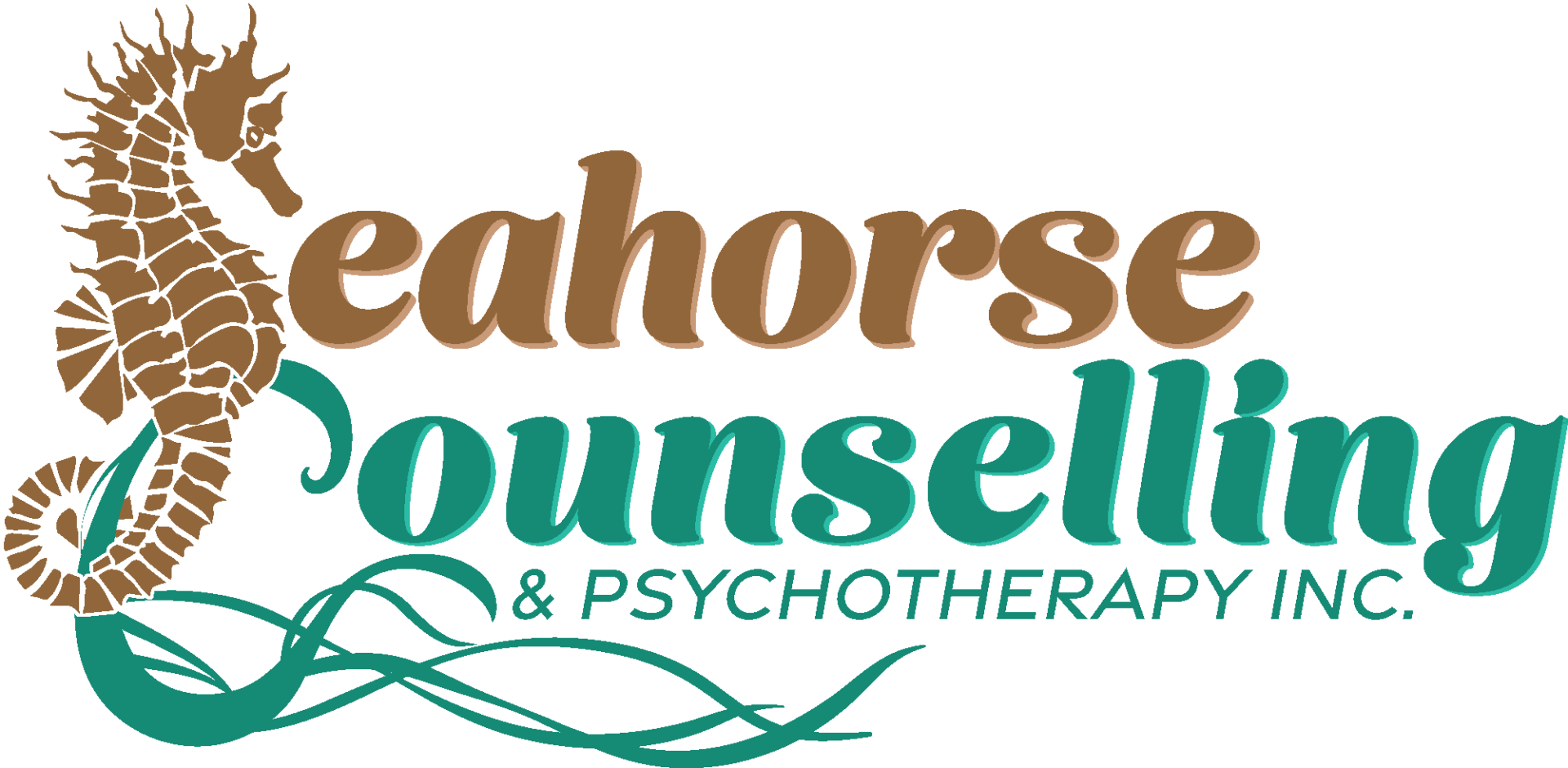With Kate Pinsonneault
You may have seen one of those videos showing men strapped to a machine that lets them experience muscle contractions similar to what women have during childbirth, and they cannot tolerate it. Or maybe you’ve heard women talk about how their male partners are so helpless when they get sick. Current research is letting us know that many men actually feel pain, hurt or discomfort more intensely than we have thought. They just don’t express it.
Boys learn about being masculine very early on. When people believe a baby is a girl, their voice softens and rises, and they tend to talk about her appearance, “Look at that smile and those big bright eyes.” But when they believe the same baby is a boy, people tend to focus on physical actions, “Look how strong he is. Give me a high five little buddy.”
When a little girl is upset, adults are more likely to provide comfort, protection and support. But boys are given a different message, “You’re fine,” or “Just let it go,” If they try to talk about how they feel, they often hear something like, “You need a tougher skin,” or worse, they can be subjected to ridicule or shamed when they express the hurt they experience. How many guys have heard, “Don’t be such a baby.” They learn to suck it up and not talk about it. The problem is, the hurt is still there and now they feel alone, often believing there is something wrong with them for feeling legitimate human emotions.
When it becomes wrong to express hurt, these emotions often get expressed as anger. While anger can be considered a more acceptable masculine expression, it often results in pushing people away at a time when they need understanding and support. Over time, this pattern can lead to outcomes such as depression, anxiety, low self-esteem or feelings of helplessness or hopelessness. These are conditions no one can deal with on their own, but they try and fail, which makes things worse. Men are more reluctant to seek help, and this can lead to poor or tragic outcomes, including higher rates of stress, divorce, substance abuse, addiction or suicide.
For some, getting help feels like admitting defeat. When men do try to talk to their partner or counsellor, they often struggle to find the language to describe what they are experiencing. This is often because it has become a muddle of hurt, shame, frustration, regret, confusion…. And they have never been taught to talk about what they are going through.
Men face unique mental health challenges resulting from a society that has expected them to be emotionally tough and discourages them from openly discussing their emotional needs. Current research is giving us some information that we need to consider. While men and women have similar activation patterns when experiencing emotional pain, men are less likely to openly acknowledge their suffering. Men who didn’t express their emotional pain had nervous systems that were more heightened, remained activated for longer periods of time, and were more easily reactivated. This can make men more sensitive to emotional pain and make it harder for them to regulate these experiences. When men believe they shouldn’t be feeling, it adds confusion, shame or self-doubt. These internalized emotions can amplify the pain they feel.
Traditional notions of masculinity emphasize being strong, stoic and self-reliant. While these qualities are admirable and positive in certain situations, believing you have to maintain this image at all times takes its toll on men. It can prevent them from being themselves, asking for help or support, being vulnerable, and creating closeness with those who care about them.
It is up to each of us to foster acceptance, strengthen social bonds, offer understanding and compassionate support to one another and particularly among boys and men. Men often long to feel heard, understood and appreciated for who they are, without hiding or hating the most vulnerable parts of themselves, the parts that most need love, care and compassion.
Humans are meant to experience a full range of emotions. Men’s Mental Health Month is a call to action for individuals, families, communities, and organizations to challenge old stereotypes and prioritize mental wellness for our boys and men. Let’s start having open conversations that normalize the feelings we all experience. It takes courage to be seen and understood, but it is one of our greatest strengths.





